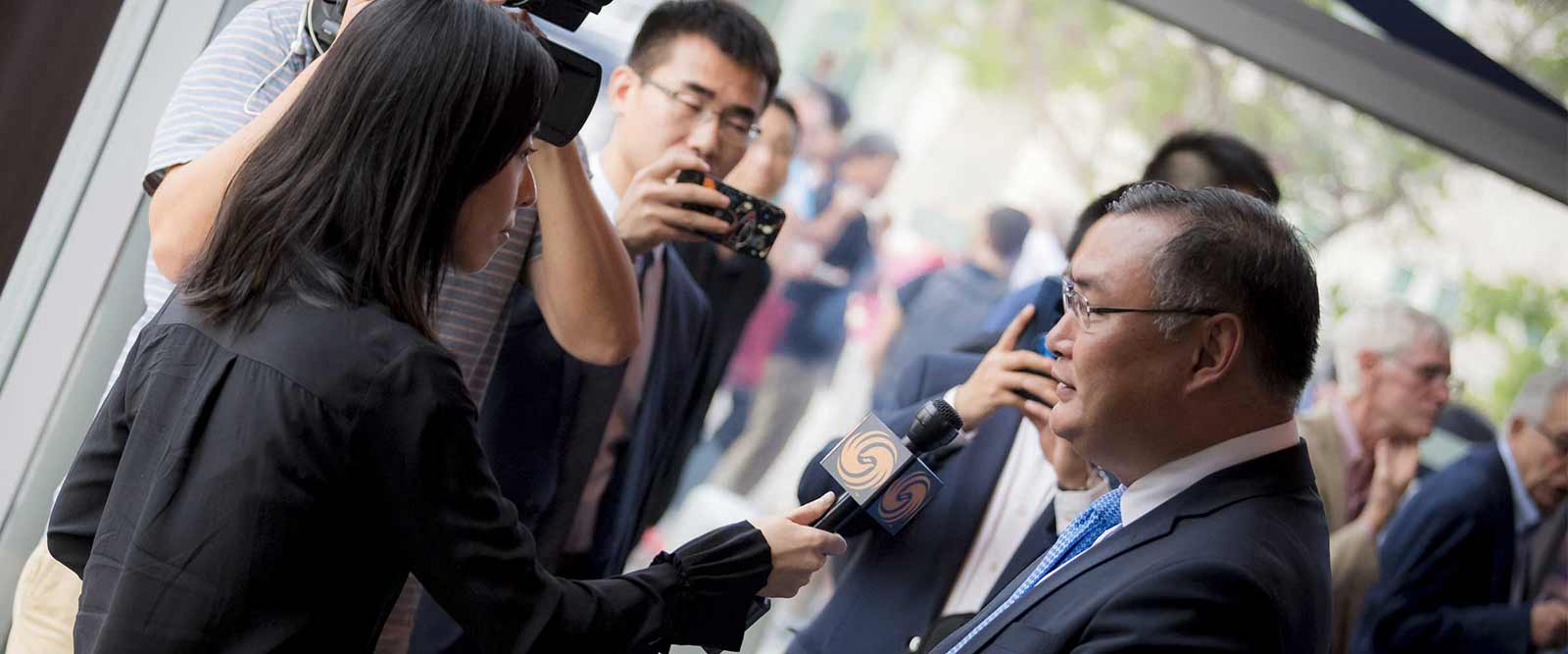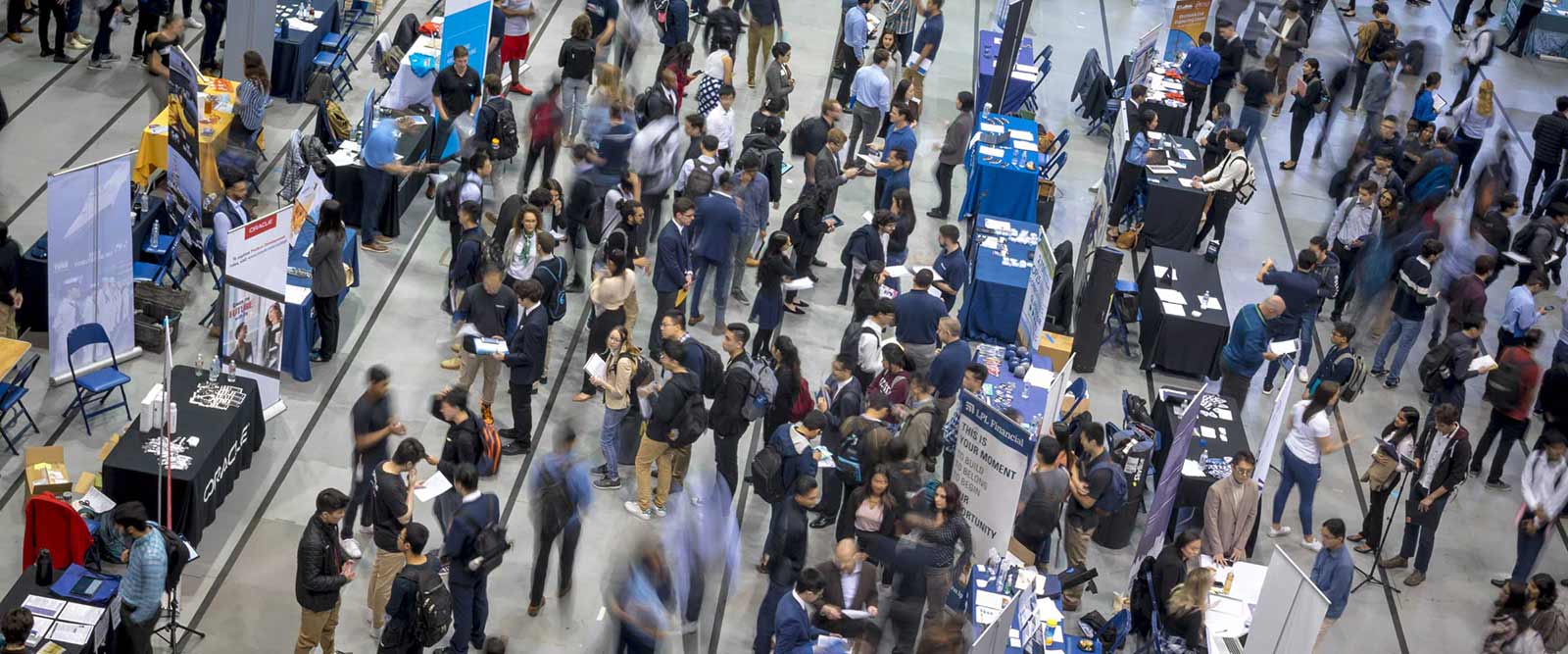Policy and Political Science

Assessing today's realistic opportunities to mitigate climate change through policy adaptations at the local, national and international level and suggesting political paths to a more sustainable future.
Featured Interdisciplinary Research Centers and Initiatives
Deep Decarbonization Initiative
The mission of the UC San Diego Deep Decarbonization Initiative is to help understand and guide the global economy as it moves toward net-zero carbon emissions. The aim is to understand how policymakers and investors shift from existing to new energy systems in the real world and the pace at which such transitions occur. It also explores how such shifts could be accelerated so that global carbon emissions tumble even as energy systems meet the needs of humanity.
SDG Policy Initiative
The Sustainable Development Goals (SDGs), adopted by all 193 members of the United Nations in 2015, bring together academia, government, business and civil society around a shared agenda for the next decade. The SDG Policy Initiative has organized research, programs and centers of the School of Global Policy and Strategy at UC San Diego to promote policies that can bring us closer to achieving the ambition of the SDGs to “leave no one behind.”

Featured Researchers and Professors
David G. Victor
Professor, School of Global Policy and Strategy
David Victor's research focuses on regulated industries and how regulation affects the operation of major energy markets. Much of his research is at the intersection of climate change science and policy. At UC San Diego, Victor and researchers at the Deep Decarbonization Initiative work at the intersection of science, technology and policy. They are focused on helping the world cut emissions of warming gases given technology, economic and political constraints.
Kate Ricke
Associate Professor, School of Global Policy and Strategy; Scripps Institution of Oceanography
Kate Ricke is a climate change scientist who integrates tools from the physical and social sciences to analyze climate policy problems. She researches uncertainty and heterogeneity in climate change impacts and mitigation preferences. Her current research includes topics ranging from the regional climate effects and international relations implications of solar geoengineering to decadal climate variability’s influence on global climate agreements.
Research Areas
Economics

Researching trends, data and economic policy related to climate change such as energy and alternative energy markets, transportation, infrastructure, health, agriculture and other environmental impacts.
Featured Interdisciplinary Research Centers and Initiatives
Center for Environmental Economics
The Center for Environmental Economics promotes research in environmental economics. In addition, the center provides a community for scholars (faculty, graduate students and others in the community) interested in environmental and natural resource economics. Current programs of the center are Water Economics, Ocean Resources and the Global Commons, Methodology and Valuation, Climate Change Policy, Strategic Studies and the Management of Natural Resources, Energy and Development and the Environment.
Climate Action Lab
Our mission is to reduce global heating by changing human behavior. We are social scientists—economists, psychologists, urban planners, political scientists, anthropologists, etc. First, we conduct applied research to test what leads people to change their minds about the climate and what leads them to change their actions. Then, we put these insights to work in partnership with communities and policymakers.

Featured Researchers and Professors
Mark Jacobsen
Professor, Economics
Mark Jacobsen's research interests include energy and environmental policy, fuel economy regulation and transportation. His work on automobile transportation includes the impact of regulations to reduce gasoline use, including the Corporate Average Fuel Economy (CAFE) standards, the role of scrappage and used vehicles in pollution and the incidence of gasoline taxes. In addition, Jacobsen has studied both the efficiency and distributional effects of transportation policy, empirically examining consumer purchase behavior, automobile manufacturers' response to regulations, vehicle safety and the used vehicle market. A second key strand of Jacobsen’s research examines optimal environmental policy more broadly, showing how factors like Ricardian rents, untaxed activity in the informal sector and green preferences can act to change the type of environmental policy that is most efficient.
Joshua Graff Zivin
Professor, School of Global Policy and Strategy
Joshua Graff Zivin is an internationally renowned economist whose broad research interests include the environment, health, development and innovation economics. He has published numerous articles on various topics in top economic, policy and science journals. Much of his current work is in three distinct areas of research: the relationship between the environment, health and human capital; the economics of innovation with a particular eye toward the role of institutions, social networks and financial incentives; and the design of health interventions and their economic impacts.
